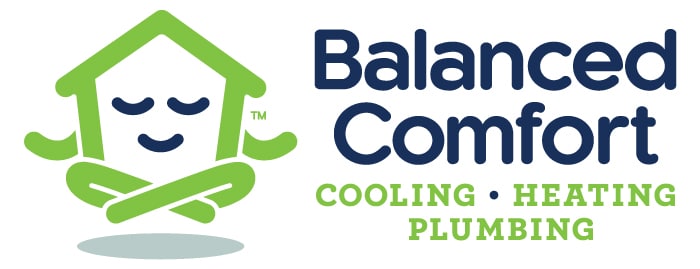How Can I Repair My AC Myself? Know the Risks and Limitations
Air conditioners are complex machines with a host of intricate parts and electrical components that keep our homes cool and comfortable. But what do you do when your AC breaks down on a hot summer day? The temptation to dive in and fix it yourself can be strong, but it's essential to understand the risks involved and why some tasks should be left to professionals.
Dangers of DIY AC Repair
1. Electrical Hazards
One of the most immediate dangers of DIY AC repair is the risk of electric shock. AC units are connected to your home’s electrical system and contain components that can store electrical charge even when disconnected from a power source. A minor mistake can lead to severe injuries or even fatal electrocutions.
2. Refrigerant Leaks
Air conditioners use refrigerants to cool the air, and these chemicals can be harmful if handled incorrectly. Exposure to refrigerants can cause skin and eye irritation, and inhalation can lead to more severe health issues, including asphyxiation in extreme cases.
3. Physical Injuries
DIY AC repairs often involve climbing ladders, lifting heavy parts, and working with tools. Such tasks carry the risk of falls, back strains, and other physical injuries.
4. Compromised Performance
A seemingly successful DIY repair can often lead to other issues down the line. Improper installation or adjustments can result in decreased efficiency, leading to higher energy bills and more stress on the unit, thereby shortening its lifespan.
5. Voiding Warranty
Many manufacturers specify that repairs must be conducted by certified professionals. Any DIY attempts can void your AC unit's warranty, meaning you'll have to pay out-of-pocket for any future repairs or replacements.
6. Legal Repercussions
Handling refrigerants and disposing of parts often require special certifications. Performing these tasks yourself could put you in violation of local or federal regulations, leading to fines or other legal repercussions.
Basic Troubleshooting You Can Do
While the risks are significant, there are some minor checks and maintenance tasks that homeowners can safely perform:
1. Replace or Clean Filters
A dirty filter can significantly impact your AC’s performance. Check the filter monthly and replace it as needed.
2. Check Circuit Breakers
If your AC isn't turning on, it might be due to a tripped circuit breaker. You can safely reset the breaker to see if it solves the issue.
3. Clean the Condenser Coils
Dirty condenser coils can affect the efficiency of your AC. Make sure the power to the AC unit is turned off before attempting to clean the coils.
4. Unclog the Drain Line
A clogged drain line can cause water to back up into your home. You can use a wet/dry vacuum to remove any blockage.
5. Check Thermostat Settings
Sometimes the issue is as simple as incorrect thermostat settings. Ensure it's set to "cool" and the desired temperature.
When to Call a Professional
In most cases, especially those involving electrical components, refrigerant, or intricate parts of the system like the evaporator coils, calling a professional is the safest and most effective course of action. A certified technician has the expertise to diagnose and fix issues quickly, ensuring the longevity and efficiency of your AC unit. Moreover, a professional can provide a guarantee for their work, giving you peace of mind.
Conclusion
While the urge to fix your AC unit yourself to save time and money is understandable, the associated risks are significant. Simple mistakes can lead to electrical shocks, exposure to harmful chemicals, and further damage to your AC system. Even seemingly successful repairs can have long-term consequences, such as reduced performance and voided warranties. For anything beyond basic maintenance and troubleshooting, it's wise to consult a professional HVAC technician. They are trained to handle the complexities and dangers of AC repair, ensuring that your unit operates safely and efficiently.
